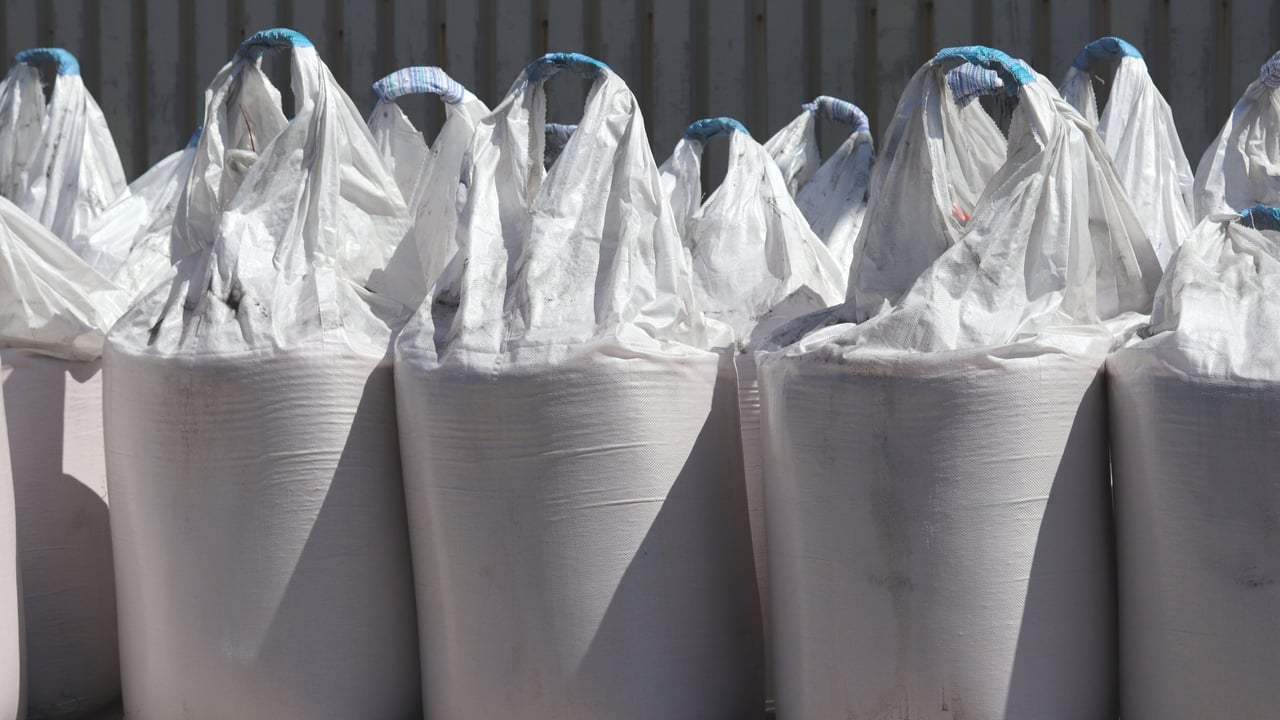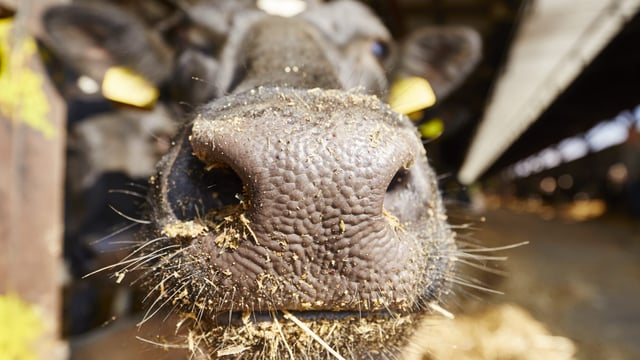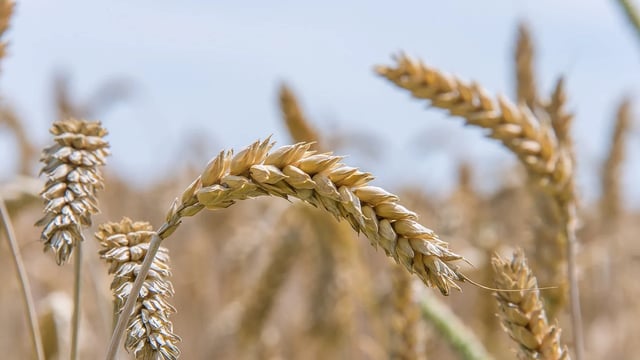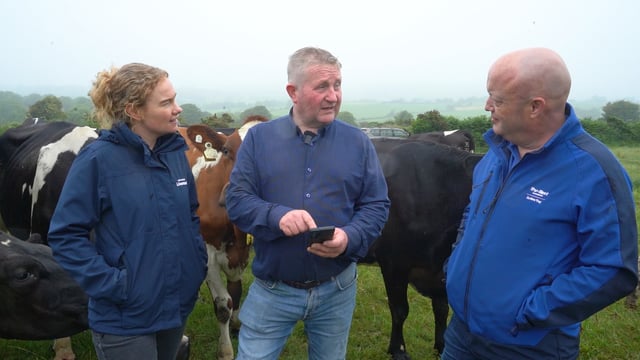Copa Cogeca reiterates concerns over proposed fertiliser tariffs
Copa Cogeca said the position adopted by the European Council on proposed tariffs on Russian and Belarusian fertiliser "completely disregards the concerns and proposals of the farming sector".
The council has today (Friday, March 14) adopted its position on a regulation that will impose tariffs on the remaining agricultural products from Russia and Belarus, as well as certain nitrogen-based fertilisers.
In January, the European Commission proposed the introduction of tariffs to reduce dependencies on imports from Russia and Belarus and to reinforce EU food security.
The commission said that the tariffs are expected to reduce Russian export revenues, thereby limiting Russia’s ability to finance its war of aggression against Ukraine.
Once the new tariffs come into force, all agricultural imports from Russia will be subject to EU tariffs.
In 2023, the imports of the concerned fertilisers from Russia represented over 25% of the EU's total imports (around 3.6 million tonnes worth $1.28 billion).
The proposal also includes measures to mitigate the impact on EU farmers, should there be a significant rise in fertiliser prices.
Once the European Parliament has adopted its position, both institutions will need to agree on a common text. The council will then formally adopt the regulation by qualified majority.
Since the release of the commission’s proposal, Copa Cogeca have consistently warned European legislators about the significant risks that it presents to European agriculture and food security.
The EU farming organisation said that "the proposal, which came about without a proper impact assessment, offers neither short-term solutions nor a clear medium-to-long-term strategy for sourcing alternatives".
Copa Cogeca said it is "dismayed and concerned" by the EU Council’s position, "which makes no substantial progress on the commission’s original proposal".
"Fertilisers are critical for crop and pasture growth and represent a major cost for European farmers. This issue is of vital importance to food security and sovereignty.
"The EU cannot afford to gamble with its agricultural input supplies. As the European Parliament prepares to vote on this matter, we hope our concerns will be heard," it said.
In its position paper, Copa and Cogeca called on the commission to immediately remove import duties on fertilisers from third countries, outside Russia and Belarus.
It also urged the prioritisation of manure use by granting derogations to the Nitrates Directive for processed manures and pastures.
Furthermore, Copa Cogeca have called for a one-year postponement of the proposed tariff changes on fertilisers from Russia and Belarus, in order to allow for market adaptation.
It also advocated for limiting changes to the tariffs to nitrogen fertilisers only, avoiding overlaps with existing anti-dumping measures and Carbon Border Adjustment Mechanism (CBAM) duties, and increasing import quota rates to pre-war levels.
Copa Cogeca said that price monitoring should be implemented, along with the activation of reliable, automatic safeguard measures whenever fertiliser prices exceed reference levels.





